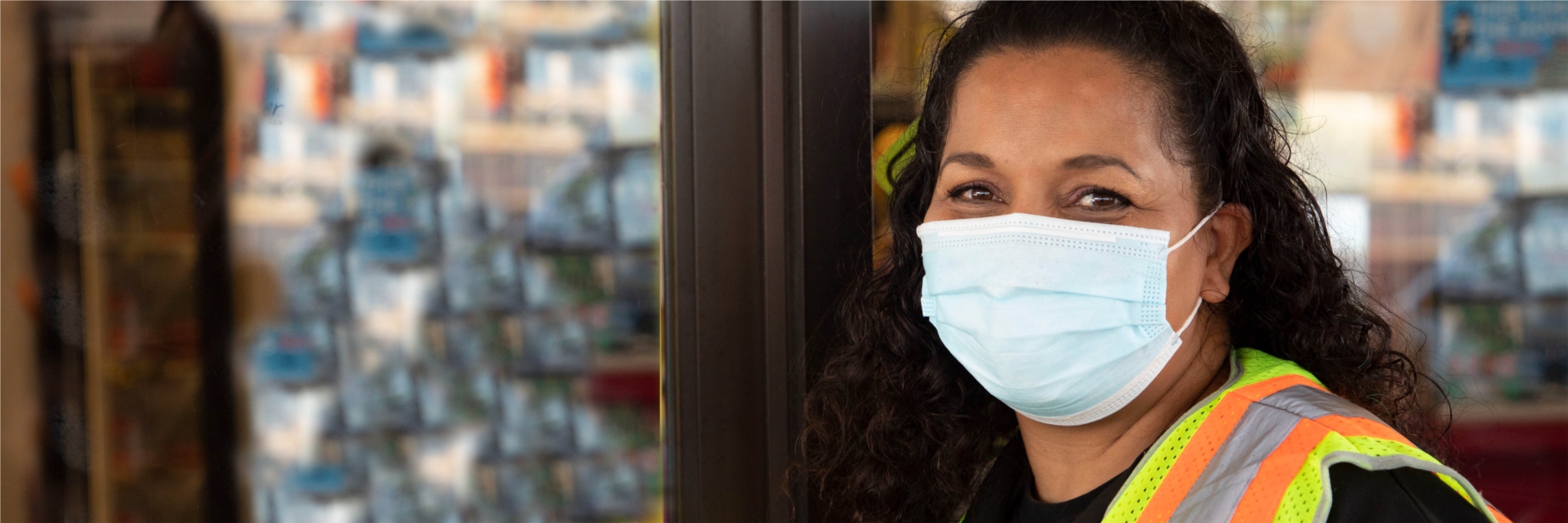
#WWW ONCUE CO ZA ISO#
“We’ve already got ISO 9001 accreditation, which is quite helpful because some of the processes are similar, but we brought in a contractor to help us. There’s some simple stuff, like people logging in and out of computers and how you transfer work, to really detailed and comprehensive processes, which we’re going through at the moment. “They all revolve around having a written process in place and being able to demonstrate how you do things across your business. These requirements are embedded in processes within the NHS and they’re expensive and time-consuming to get right. We’ve got a compliance and training manager who passed a CQC check with flying colours so that’s great, but as you grow there are new requirements that you may never have heard of, like Cyber Essentials Plus. It demonstrates to our clients that we have streamlined processes in place. “We’re developing something called NHS Ready. Quality of service and systems are therefore essential – and something that OnCue Transport takes seriously. I really like the fact we make a difference and that we help people.”
#WWW ONCUE CO ZA DRIVER#
The driver bit is the easy bit it’s the companion bit that really matters. “Our driver companions ensure that people have a great experience on their way to and from hospital, whether they’re going in for a cancer op, waiting for scary results or attending a routine check-up. “If you don’t want to help people, this isn’t the job for you,” Torsten states. Culture is at the heart of getting this right, especially when recruiting new driver companions. A restructure is already underway at OnCue Transport, with experts being brought in to manage the workload and plan for the future. Torsten emphasises that people are key to growth. Managing growth, bringing on the right people and getting the right processes in place is the main one.” Building relationships “Covid has provided us with many advantages but it’s also provided us with equal challenges. “For example, we went into November with another lockdown and we saw a 20% drop in turnover you can’t plan for that but suddenly you’ve got 20% less money. “It’s been very hard for us to plan because some of our customers’ work fluctuations have also been nuts,” he adds. Now bear in mind it takes a minimum of 6 weeks to order a vehicle and get it on-site we had to rent the vehicles, but that had a cost implication. “In the autumn, we had a 25% increase in work in a single month. Coyote building a bridge one sleeper at a time while running across it! Plus, we’re building the infrastructure as we go. “You might think that people want to lend you money for vehicles but very fast growth is often seen as a red flag. “Growing that quickly can be risky,” Torsten says. Given the increase in the size of the fleet, the key challenge for the business over the past 12 months has been scaling growth efficiently. We’ve stopped doing any cab work, focusing exclusively on our MediCabs service,” Torsten explains. We now have 112, with 25 waiting to come on board as and when we need them. It’s a potent mix.”Īnd it’s certainly a model that’s driving results. So we’re offering to save them money, run their vehicles more efficiently and be more productive. “We want to do the 20-30% of work that they will never be able to do efficiently on any contract because it’s just impossible. However, there is likely to be a mix of jobs in there, so our pitch is that we don’t want all of the work we just want the 20% they can’t do efficiently. “If a big ambulance company has got 1000 journeys within its contractual area, it might be able to fulfil 100% of them but they’d need more vehicles to do it efficiently. “It’s because of the efficiency paradox,” he says. Torsten explains that it helps larger companies manage their own profitability and productivity.

And while they primarily interact with patients, they often subcontract for other companies.

Operating a fleet of MediCabs, their ‘companion drivers’ transfer patients to medical appointments, providing a vital service to patients with walkers or wheelchairs. In that time, he has transformed the business from a traditional cab company into a sophisticated patient transfer company, serving communities in and around London. Having joined the business as a consultant 3 years ago, Torsten Brose is now the managing director and a major shareholder at OnCue Transport. In this article, Managing Director Torsten Brose tells us about the company’s evolution into a leading patient transfer service and the challenges of growing a business during a pandemic. In spite of the challenging circumstances presented by coronavirus, Hampstead’s OnCue Transport has thrived over the past 12 months.


 0 kommentar(er)
0 kommentar(er)
